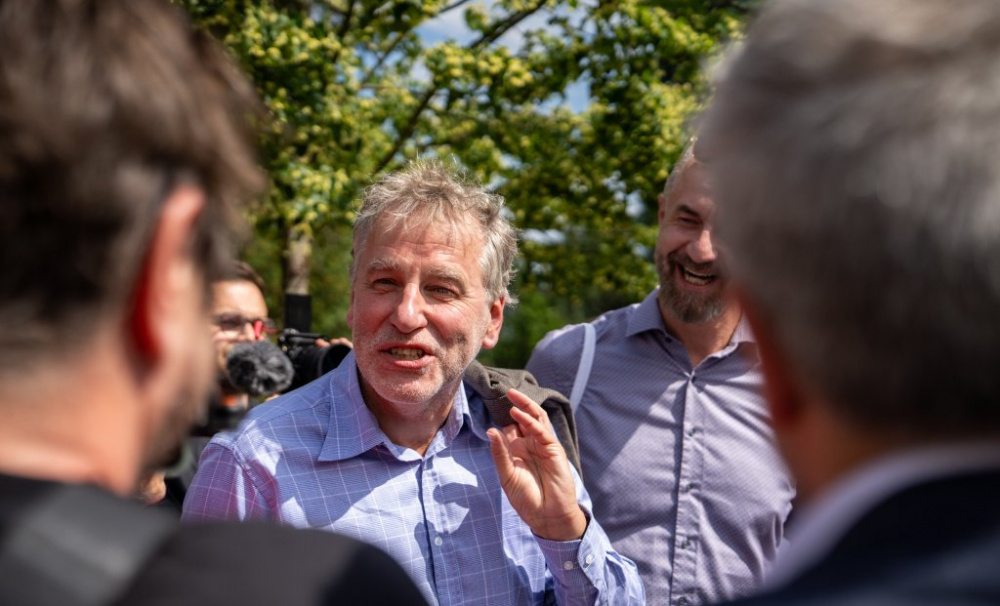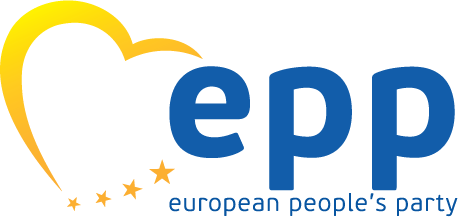Niedermayer: There would have to be a majority in Europe to lift the ban on internal combustion engines
In one respect, the elections to the European Parliament in the Czech Republic turned out as they almost always do - that is, differently than the pre-election polls had predicted. "The elections ended up being a surprise or a bit of a shock in some of the big countries, but interestingly, the composition of the Parliament by political group changed relatively little," says Luděk Niedermayer, who defended his seat in the European Parliament for the second time in a row this year.

Many newly elected MEPs, including Czech ones, campaigned on the promise to revise the Green Deal for Europe. According to Niedermayer, the effectiveness and costs of individual measures can be debated, but a majority will not be found to challenge the main goal of reducing emissions. And the same applies to lifting the ban on the sale of new cars with internal combustion engines.
"I don't know how those who promised this to the voters are going to make it happen. The legislation is valid and has been approved by a large majority in the European Parliament and the European Council," he stresses, adding that the revision must be in line with the plan to reduce emissions by 55 percent by 2030 and to be emission neutral by 2050.
The MEP also defends the emission allowance system, which he says is one of the most efficient and market-based instruments. Countries that have not introduced them have problems motivating citizens and companies to reduce emissions.
"If we abolish emission allowances, the Czech Republic will lose hundreds of billions that we receive from the European budget for reducing emissions. After all, it is a correct principle that those who damage the environment or the climate should pay," he says.
Only SPOLU (Together coalition) can defeat Babiš
The ANO movement won the European elections despite a rather tepid campaign, while the government parties weakened. Niedermayer points to the higher turnout, with some voters seeing the election as a referendum on the government. However, in his view, economic issues played a major role.
"We have been hit by high inflation, most people have seen their real incomes fall, they are seeing it in their purchasing power and ability to pay their bills. From our point of view, the elections came too soon, the situation is turning around and real wages are starting to rise. But it will be many months before a large part of the population feels it," the former deputy governor of the Czech National Bank said.
He considers the decision to run as part of the Together coalition to be the right one. "Otherwise, we would hardly remind people that this brand exists a few months before the regional elections. And I suppose that in a year's time the Together coalition will be the only one that can compete with Andrej Babiš (ANO) for victory," he adds.
Niedermayer admits that some voters may have been discouraged by his differences of opinion with the leader of the candidate's slate, Alexandr Vondra (ODS):
"On the other hand, the entire candidate is committed to the European policy of this government. From my point of view, agreeing on the programme and joint appearances led to us clarifying some things and blunting the edges a bit. In the end, the voters decided and the result does not seem to me to be entirely bad," says the MEP.
PETR DUDEK, INTERVIEW PLUS, 11. 6. 2024

